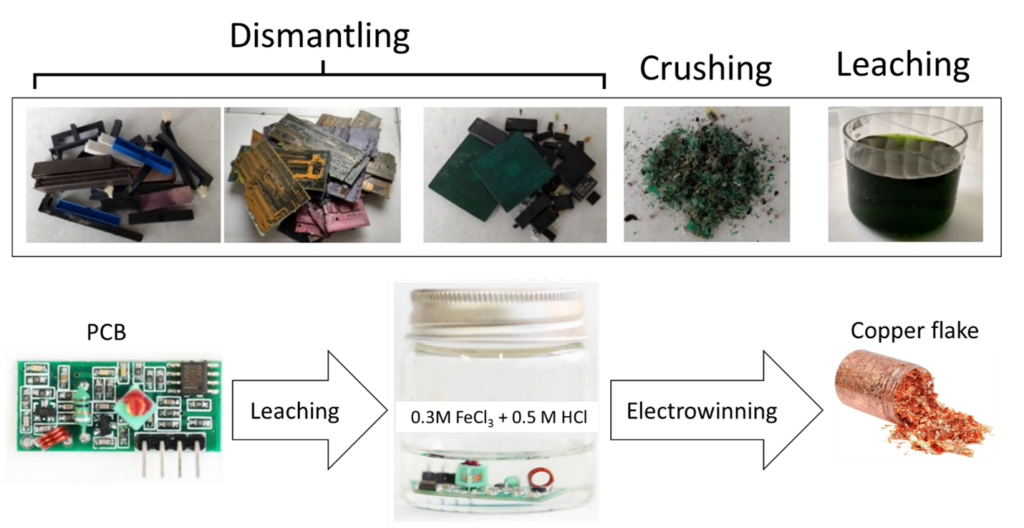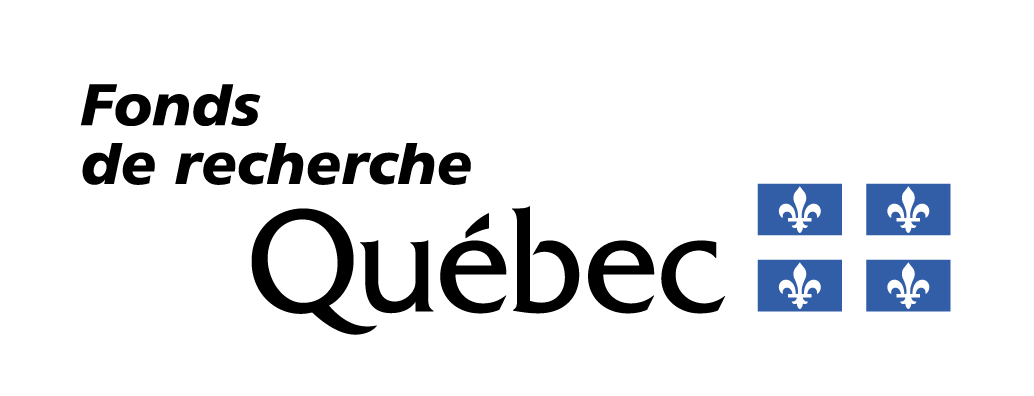Lucas Hof’s research team has carried out a study on the sustainable recycling of electronic waste. Discover the summary of their work.
Summary
Recovering Valuable Metals from Electronic Waste
Electronic waste (e-waste) is a growing global challenge, with printed circuit boards (PCBs) containing valuable metals like copper, gold, silver, and palladium. Traditional metal recovery methods can be inefficient and environmentally harmful. This project aimed to develop a more efficient and sustainable process for recovering copper from PCB waste using electrowinning, an electrochemical method that deposits metal from a solution onto an electrode.
Project Objectives and Approach
The study focused on optimizing the electrowinning process to improve copper recovery efficiency, reduce energy consumption, and enhance deposit quality. Chronopotentiometry, a precise electrochemical technique, was applied to control the deposition process. Key steps included:
- Leaching: Dissolving copper from PCB waste using a FeCl₃ + HCl solution.
- Electrowinning: Recovering dissolved copper through controlled electrodeposition.
- Characterization: Using advanced techniques, such as inductively coupled plasma mass spectrometry (ICP-MS), to analyze recovery efficiency.
Methodology

Key Findings
- High Copper Recovery Efficiency: Up to 85% of the copper in PCB waste was successfully recovered.
- Process Optimization: The potential-time curves indicated that adjusting the current density significantly impacts deposition quality and energy consumption.
- Potential for Broader Application: The approach can be adapted for recovering other valuable metals from electronic waste, contributing to circular economy efforts.
Impact and Future Directions
This research contributes to more sustainable e-waste recycling by improving metal recovery efficiency and reducing environmental impact. Future work could explore:
- Scaling up the process for industrial applications.
- Applying artificial intelligence (AI) to optimize electrowinning parameters in real-time.
- Recovering additional metals like gold and palladium to maximize material reuse.
By advancing PCB waste recycling methods, this project supports circular economy principles and reduces reliance on primary metal extraction, leading to environmental and economic benefits.
